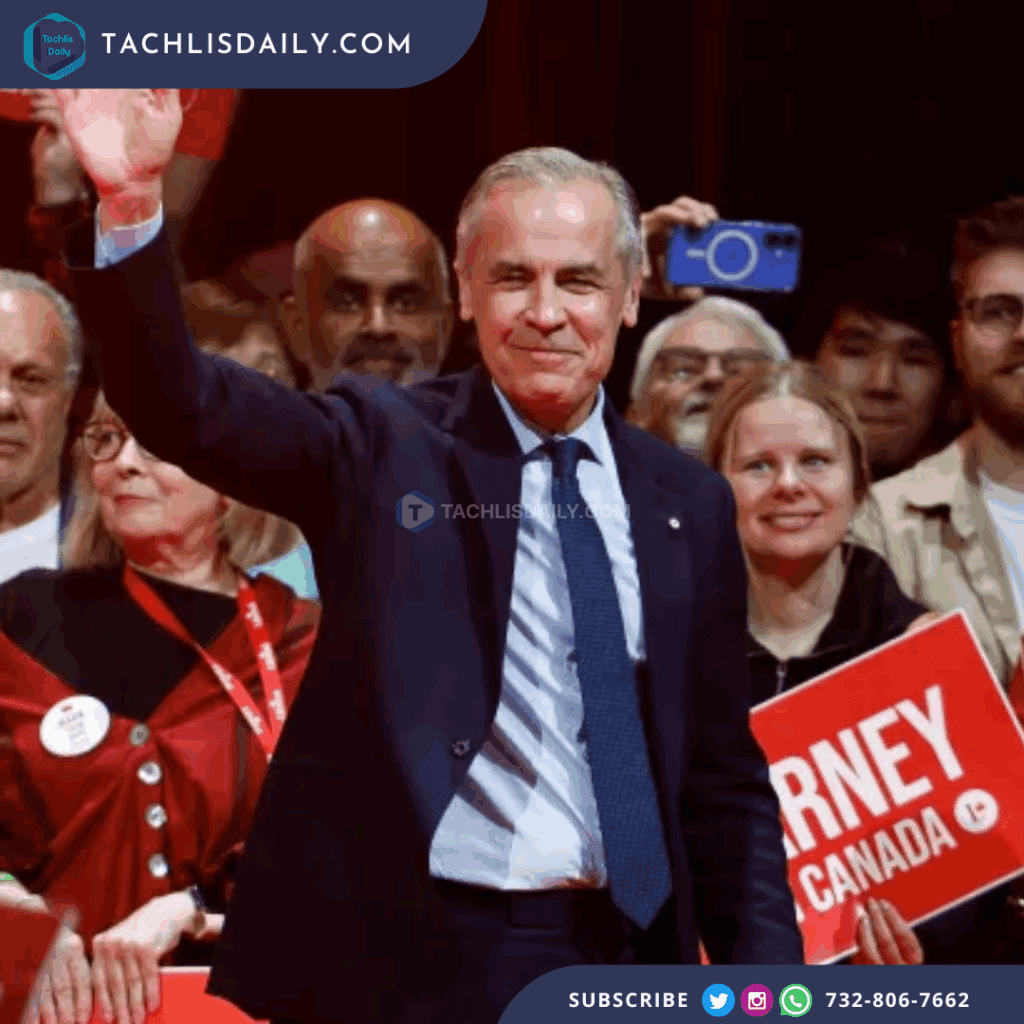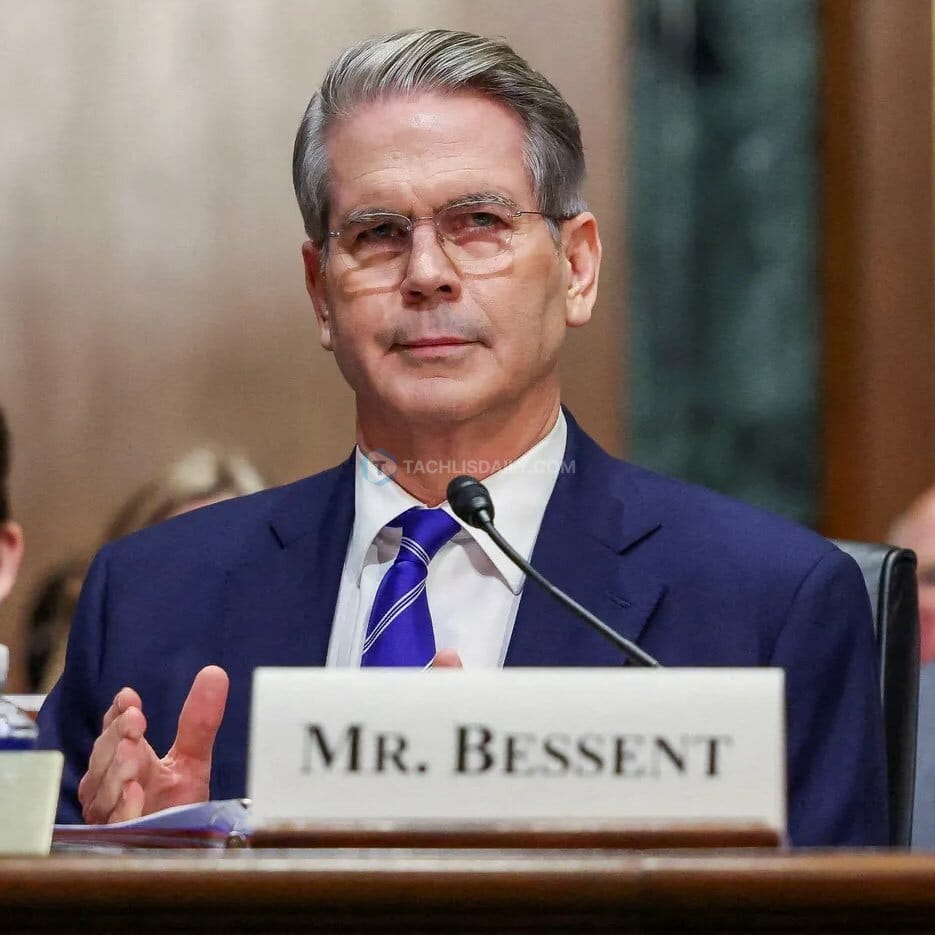Canadian Prime Minister Mark Carney has led his Liberal Party to victory in a dramatic federal election upset that saw Conservative Party leader Pierre Poilievre lose his parliamentary seat, marking a stunning reversal of political fortunes in the face of rising tensions with the United States.
What was once expected to be a clear path to power for Poilievre was undone in large part by aggressive rhetoric and economic pressure from U.S. President Donald Trump. Trump’s sudden imposition of tariffs on Canadian goods and inflammatory remarks suggesting Canada should become the 51st U.S. state reshaped the tone of the campaign. Poilievre’s close alignment with Trump’s style — including adopting a “Canada First” slogan — backfired as many Canadians rejected what they saw as an erosion of national sovereignty and an imitation of American populism.
Poilievre’s defeat in his Ottawa district, projected early by national media, was emblematic of the broader collapse of Conservative momentum. A few months ago, he was widely seen as the favorite to win and lead the Conservatives back to power after a decade in opposition. Instead, the Liberals surged in the final stretch of the campaign, fueled by voter backlash to Trump’s economic aggression and nationalist taunts.
At the time vote counting was paused for special ballots, Carney’s Liberals were leading or declared winners in 168 seats — just four short of a majority in the 343-seat Parliament. Final results are expected later, as remaining ballots could determine whether the Liberals will govern with a majority or need to collaborate with a smaller party. Regardless, Carney emerged victorious, addressing his supporters with a defiant and unifying message in response to growing American hostility.
“We are over the shock of the American betrayal, but we should never forget the lessons,” Carney declared. “President Trump is trying to break us so America can own us. That will never happen. But we also must recognize the reality that our world has fundamentally changed.”
The campaign unfolded under intense pressure, not only from economic threats but also following the resignation of former Prime Minister Justin Trudeau. Carney, a former central banker with global credentials, took the reins of the Liberal Party and rapidly reshaped the political landscape. In contrast, Poilievre tried to channel populist anger over the cost-of-living crisis but failed to distance himself from Trump’s deeply unpopular interventions.
Trump’s actions dominated headlines during the final weeks of the campaign. His decision to slap a 25% tariff on Canadian exports, combined with repeated social media outbursts calling for Canada’s annexation, enraged Canadians across the political spectrum. In response, many voters canceled U.S. travel plans, boycotted American goods, and flooded early voting booths in record numbers, with over 7.3 million ballots cast before election day.
One Toronto voter described Poilievre as “mini-Trump,” citing concerns over both economic damage and national identity. Others voiced unease over Poilievre’s grievance-based messaging and Trump-style bravado, which they saw as out of step with Canadian values.
Despite his party’s defeat, Poilievre struck a determined tone in his concession speech, pledging to stay involved in politics and continue advocating for Canadians. “We know that change is needed, but change is hard to come by,” he told supporters. “That’s why we have to learn the lessons of tonight.”
The road ahead for Carney will be difficult. If the Liberals fail to secure a majority, they may need to strike deals with smaller parties to pass legislation. The separatist Bloc Québécois appears poised to finish third, while the progressive New Democratic Party struggled and will lose its leader, Jagmeet Singh, who announced his resignation after eight years.
Meanwhile, economic challenges loom. Trump’s trade war threatens a Canadian economy heavily reliant on U.S. markets, especially for manufacturing. Carney has pledged to direct all revenue from counter-tariffs toward workers hurt by the conflict and to reinforce domestic resilience through internal trade reform. He has also promised to maintain social programs like dental care, deliver a middle-class tax cut, limit immigration to sustainable levels, and increase funding to public broadcasting.
Foreign policy rarely plays such a central role in Canadian elections, but this time it was inescapable. As tensions with Washington reach historic highs, Carney’s leadership — tested by external pressure and internal division — will define the next chapter of Canada’s political and economic future.











